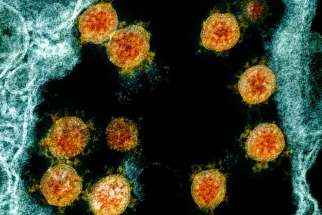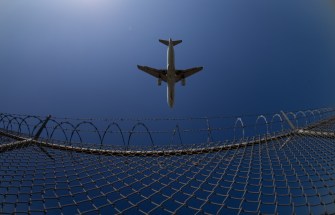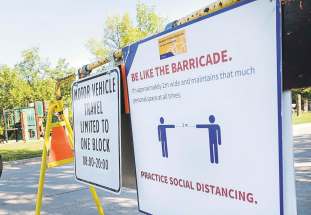Non-essential travel ban should be next stop on pandemic roadmap
Read this article for free:
or
Already have an account? Log in here »
To continue reading, please subscribe:
Monthly Digital Subscription
$0 for the first 4 weeks*
- Enjoy unlimited reading on winnipegfreepress.com
- Read the E-Edition, our digital replica newspaper
- Access News Break, our award-winning app
- Play interactive puzzles
*No charge for 4 weeks then price increases to the regular rate of $19.00 plus GST every four weeks. Offer available to new and qualified returning subscribers only. Cancel any time.
Monthly Digital Subscription
$4.75/week*
- Enjoy unlimited reading on winnipegfreepress.com
- Read the E-Edition, our digital replica newspaper
- Access News Break, our award-winning app
- Play interactive puzzles
*Billed as $19 plus GST every four weeks. Cancel any time.
To continue reading, please subscribe:
Add Free Press access to your Brandon Sun subscription for only an additional
$1 for the first 4 weeks*
*Your next subscription payment will increase by $1.00 and you will be charged $16.99 plus GST for four weeks. After four weeks, your payment will increase to $23.99 plus GST every four weeks.
Read unlimited articles for free today:
or
Already have an account? Log in here »
Hey there, time traveller!
This article was published 15/04/2021 (1701 days ago), so information in it may no longer be current.
Two flights from different parts of the country landed March 29 in Winnipeg, each carrying now-confirmed cases of COVID-19. Passengers on both flights had “links to variants of concern.”
One flight was from Vancouver, the other Toronto. Both cities are hotspots for novel coronavirus variants of concern, which are now spreading like wildfire in many parts of the country.
Manitoba won’t say whether the travellers self-isolated upon return, or whether they spread the virus to anyone else. It won’t even confirm which variants were detected.
There were eight flights in March that arrived in Winnipeg with COVID-19 cases, and three more thus far in April.
Nothing more is known about the cases beyond the minimal amount of information released by the province.
What we do know is the percentage of variants of concern related to travel is far higher than it is for overall COVID-19 cases. Almost six per cent of B.1.1.7 variant cases found in Manitoba have been linked to travel. Overall, only 1.2 per cent of new COVID-19 cases are tied to travel.
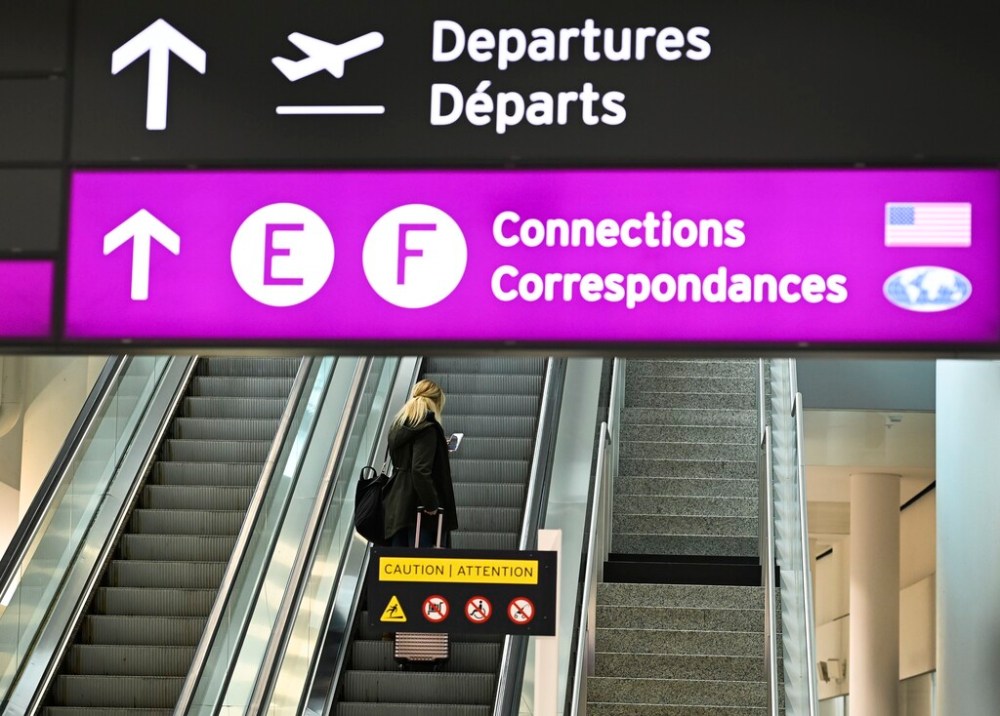
With the P.1 variant (first identified in Brazil) now in the province, it’s time government brought in tighter restrictions for interprovincial travel.
Manitoba already requires people who travel for non-essential reasons to self-isolate for 14 days when entering the province. But it’s loosely enforced, if at all.
The province has handed out 14 tickets since March 15 to people who failed to self-isolate, according to provincial data. However, it doesn’t specify whether any were linked to travel.
There is no evidence the province enforces the 14-day rule. It operates on the honour system. That may have been good enough prior to the arrival of more contagious variants, but not anymore.
Manitoba still has about two or three months to go before the majority of people over 18 receive their first dose (of two required) COVID-19 vaccine. If the province could figure out how to shift its immunization program into high gear, 70 per cent of Manitobans could receive a first shot by mid-June, according to Manitoba’s low-range projections.
If the slow vaccine rollout continues, that may not occur until July.
Until then, the province has to rely on public health orders to prevent a major increase in infection rates, hospitalizations and deaths. Ontario is already experiencing record numbers of COVID-19 patients in critical care.
If Manitoba doesn’t take steps now, it could suffer the same fate.
The province has done remarkably well since the Christmas break at reducing infection rates and hospitalizations. The slow and steady lifting of restrictions over the past three months have been measured and well-thought-out.
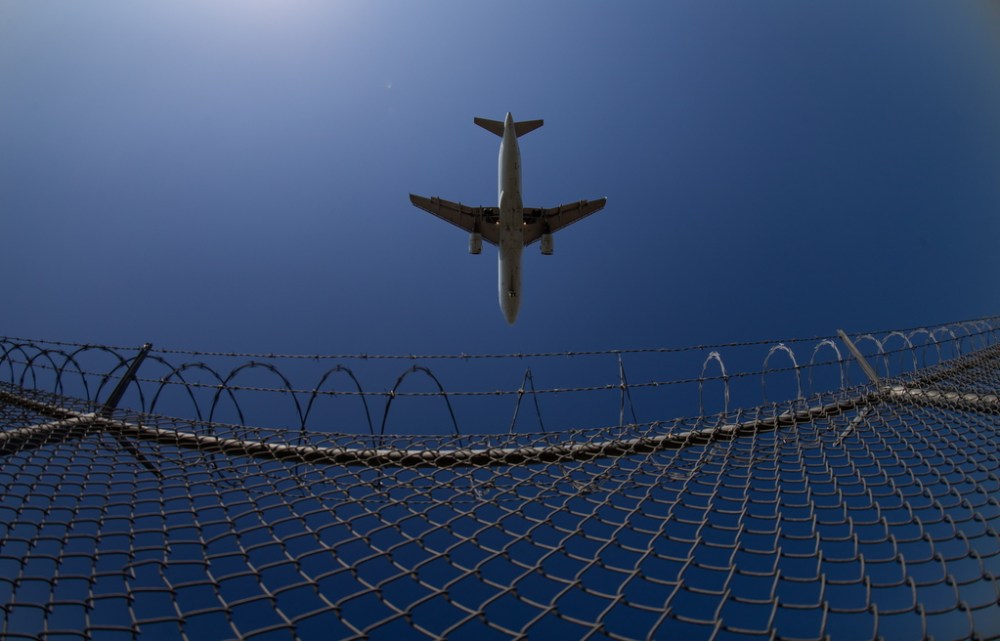
The evidence shows those measures have worked.
The number of COVID-19 patients in hospital has dropped steadily from more than 300 in early January to around 140 over the past two weeks. The province’s test positivity rate fell from above 11 per cent at the beginning of the year to three per cent in early March — before climbing again to more than six per cent this week (it was 5.3 per cent Thursday).
Manitoba continues to report far fewer new cases than any other province west of New Brunswick.
Manitoba reported 103 new cases of COVID-19 per 100,000 people over the past 14 days, well below the national average of 276. Ontario had 332 and Saskatchewan 297.
That could change very quickly with the spread of variants of concern (intensive care unit numbers are already inching higher). Manitoba has the chance to get ahead of it now before things get worse.
Further restrictions on interprovincial travel, including an outright ban on non-essential travel, should be part of that equation.
There is already talk at the national level of imposing some type on interprovincial travel limits. Prime Minister Justin Trudeau said Wednesday he would be in favour of it; British Columbia Premier John Horgan is considering closing that province’s borders.
Restricting travel is one of the main reasons the Atlantic provinces have kept case counts and death rates well below the Canadian average.
It’s time for Manitoba to follow suit.
tom.brodbeck@freepress.mb.ca

Tom has been covering Manitoba politics since the early 1990s and joined the Winnipeg Free Press news team in 2019.
Our newsroom depends on a growing audience of readers to power our journalism. If you are not a paid reader, please consider becoming a subscriber.
Our newsroom depends on its audience of readers to power our journalism. Thank you for your support.
History
Updated on Thursday, April 15, 2021 7:52 PM CDT: Removes incorrect photo.

